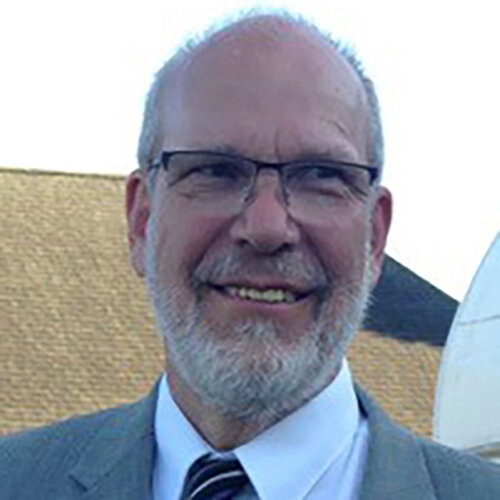Working with incarcerated fathers to create & repair relationships with their children & partners
Glen Palm, Ph.D., CFLE
By Glen Palm, Ph.D., CFLE
Professor Emeritus, St. Cloud State University | Parent & Family Educator
In my career, I’ve been able to conduct research on fathers, teach college classes on parenting education and fatherhood, and advocate for fathers and families through professional organizations.
I’ve also practiced parent and family education with fathers in a variety of settings. A continuum of services for fathers and families is necessary to address diverse needs, ranging from universal access to parent and family education to address typical transitions in family life, to targeted and more intensive services to meet specific needs based on the risk factors that families face.
More than 20 years ago, I began working with a local prison to create a parenting class for inmates who are fathers, to equip them with information, skills, and resources to become better fathers and create and repair relationships with their children and partners.
Fathers continue to be an untapped and underutilized resource in parent and family education, and there are no simple answers or foolproof strategies for engaging and working with fathers. To develop the parenting class for incarcerated fathers, I conducted a needs assessment study with fathers through focus groups and individual interviews. I continue to offer the 14-week class twice a year, and it continues to evolve. I added Circle of Security (COS) information about attachment after attending a COS training. I also increased the emphasis on the mother–father relationship as essential to improving father–child relationships after a Supporting Father Involvement training by Drs. Philip Cowan and Carolyn Cowan.
It has been a great learning experience to work with a culturally diverse group of fathers who are eager to learn. I feel privileged to experience the caring, tender, emotional side of the men in the class as I record them reading a book to their child. Few people ever get to see this side of incarcerated fathers.

